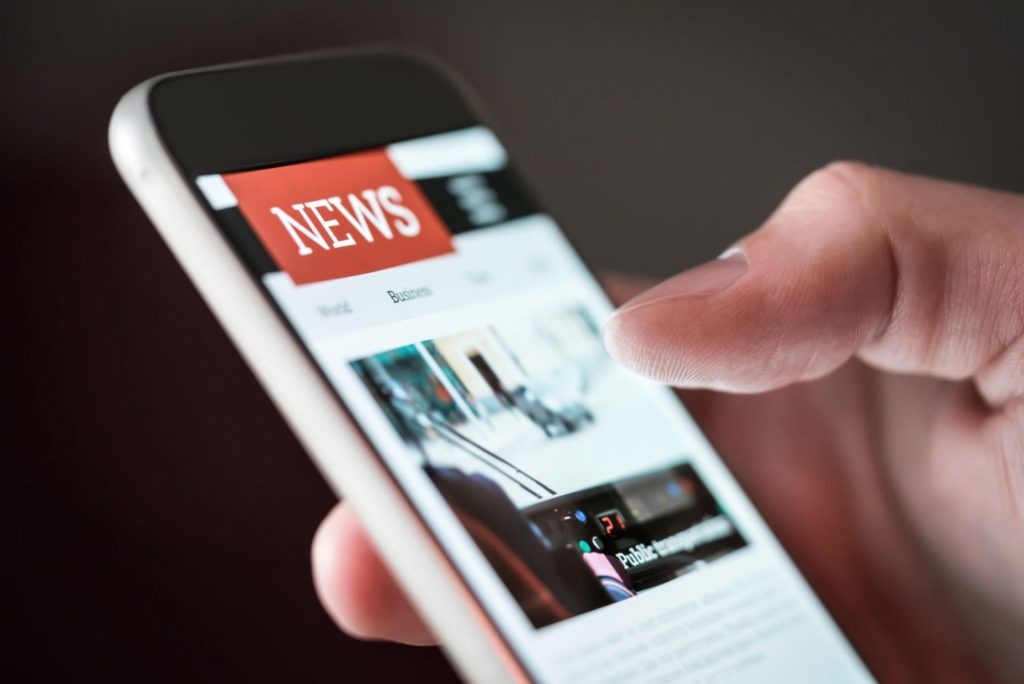If you turn on the TV, read the newspaper, scroll through your Facebook feed, it’s nearly impossible to avoid current events. Starting with the climate crisis, a possible impeachment, shootings and much more, current events today are greatly impacting our mental health.
In fact, with so many polarized views being argued, current events often cause an increase in anxiety or feelings of hopelessness and can create an even bigger risk of becoming depressed.
If you want to stay up-to-date on the happenings in the world, but also want to protect your mental health, there are some things you can do.

How to keep current events from impacting your mental health
- Determine red, yellow and green lines. Identify the news you can handle as a green line. These are current events you can hear and talk about without it impacting your emotions. A yellow line is something that you can tolerate, but makes you feel uncomfortable (perhaps like stealing packages from a stoop or a restaurant that isn’t making the grade). Typically, when you are confronted with news that falls into the yellow line, it’s good to take a deep breath and figure out whether or not you want to talk to someone about why this news bothers you. A red line is news that causes intense feelings of anxiety or sadness. It makes you uncomfortable and fearful and it typically is a result of news like school shootings and things that happen close to home or people you love. When you are confronted with news that falls into this category, I always advise my patients to talk to a therapist or trusted friend.
- Remember the news you watch is curated and biased. The other day I was driving for 12 hours and flipping between Sirius XM, Fox, CNN and other news channels. It was like I was hearing entirely different news, although it was the same story. To make sense of what’s going on and have it impact our health less, understand the source of the news you are absorbing. Check to see whether or not it skews to the left or right. I sit behind the news desk often and it’s beyond frustrating to listen and see producers curate the news based on what will keep viewers interest. Often, I am told to tweak my remarks so as to fit in with the story they want the audience to know.
- Opt to remove yourself from social media and skip watching/reading the news.
Seek out what you want to know and the things which don’t cross the yellow or red lines to protect your mental health and well being.
How can you protect your kids from current events?
If the news seems overwhelming for adults, it’s even more so for kids. It’s important to recognize what a child should and should not take in. Often, news like school shootings can be traumatic for kids and it’s important to teach them how to protect themselves.
- Teach your child about red/yellow/green lines and remind them if they don’t want to watch something, they can turn it off. I often have NPR or a podcast on and if my kids don’t like what they are hearing — if it crosses their yellow or red lines — they ask me to please turn it off … and I do.
- Don’t overestimate your child’s maturity. Kids may seem like they get it and are mature, but they are still kids; social media simply makes them come off as more mature than they actually are. If you think your child is too young to take in some of the news, they are. It’s important to remember that kids don’t always have the context for the news and that stories of shootings, beating people up and more can cause a child to experience trauma and feel unsafe, which can impact them for the rest of their lives.





